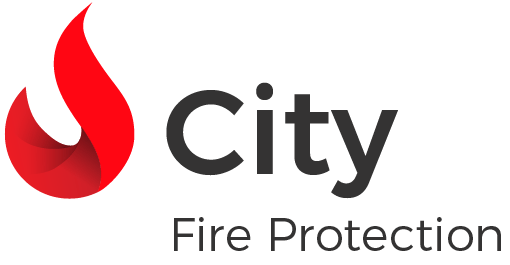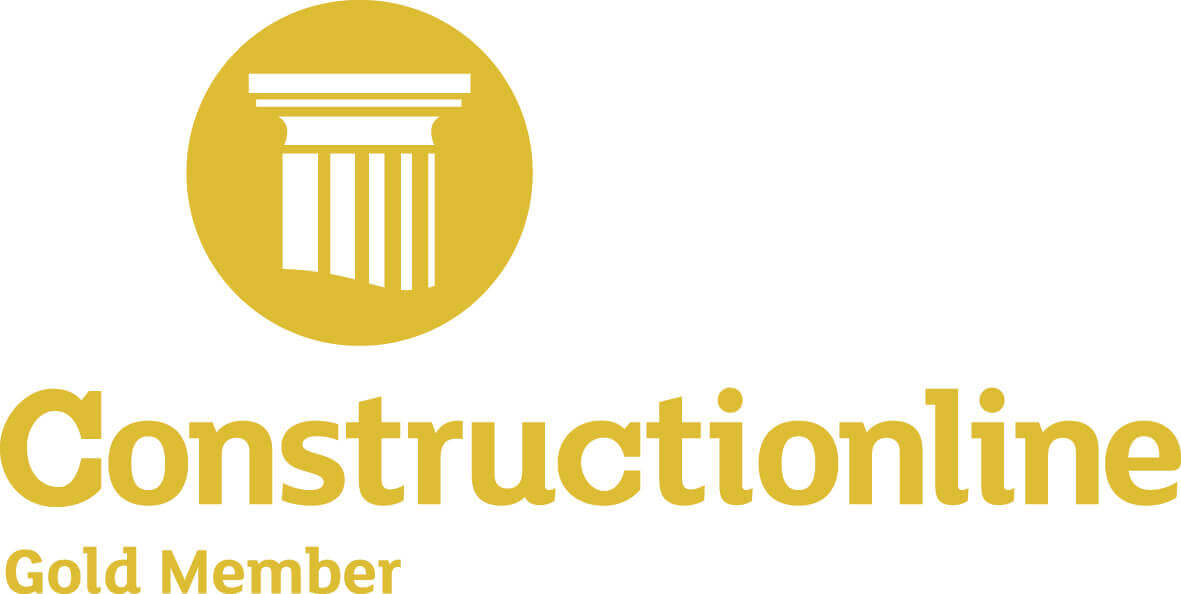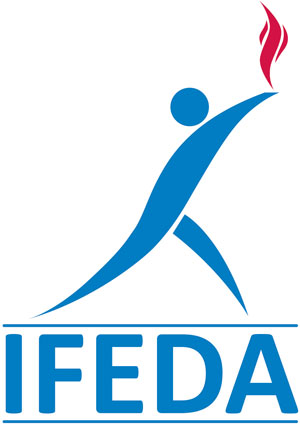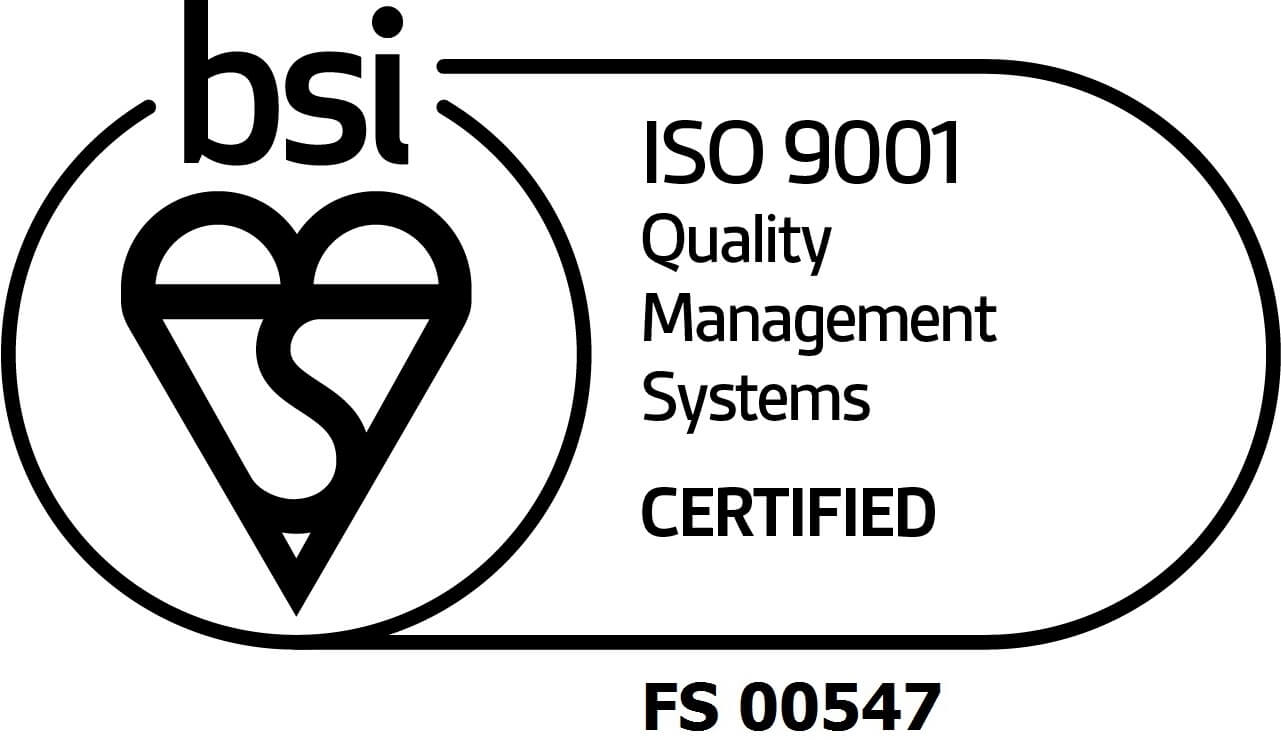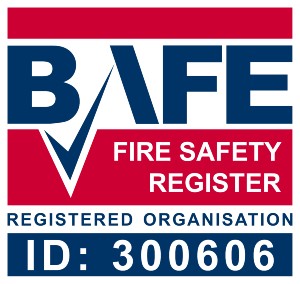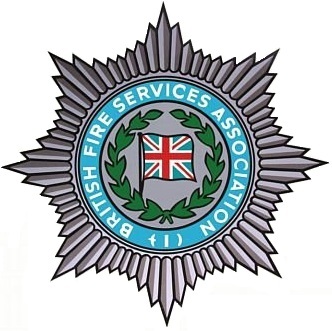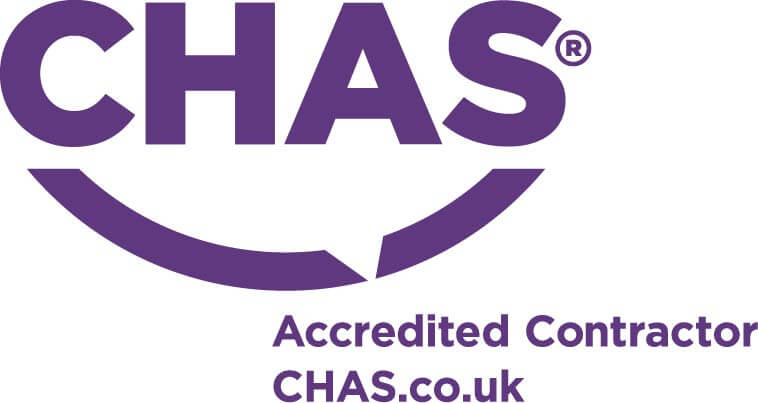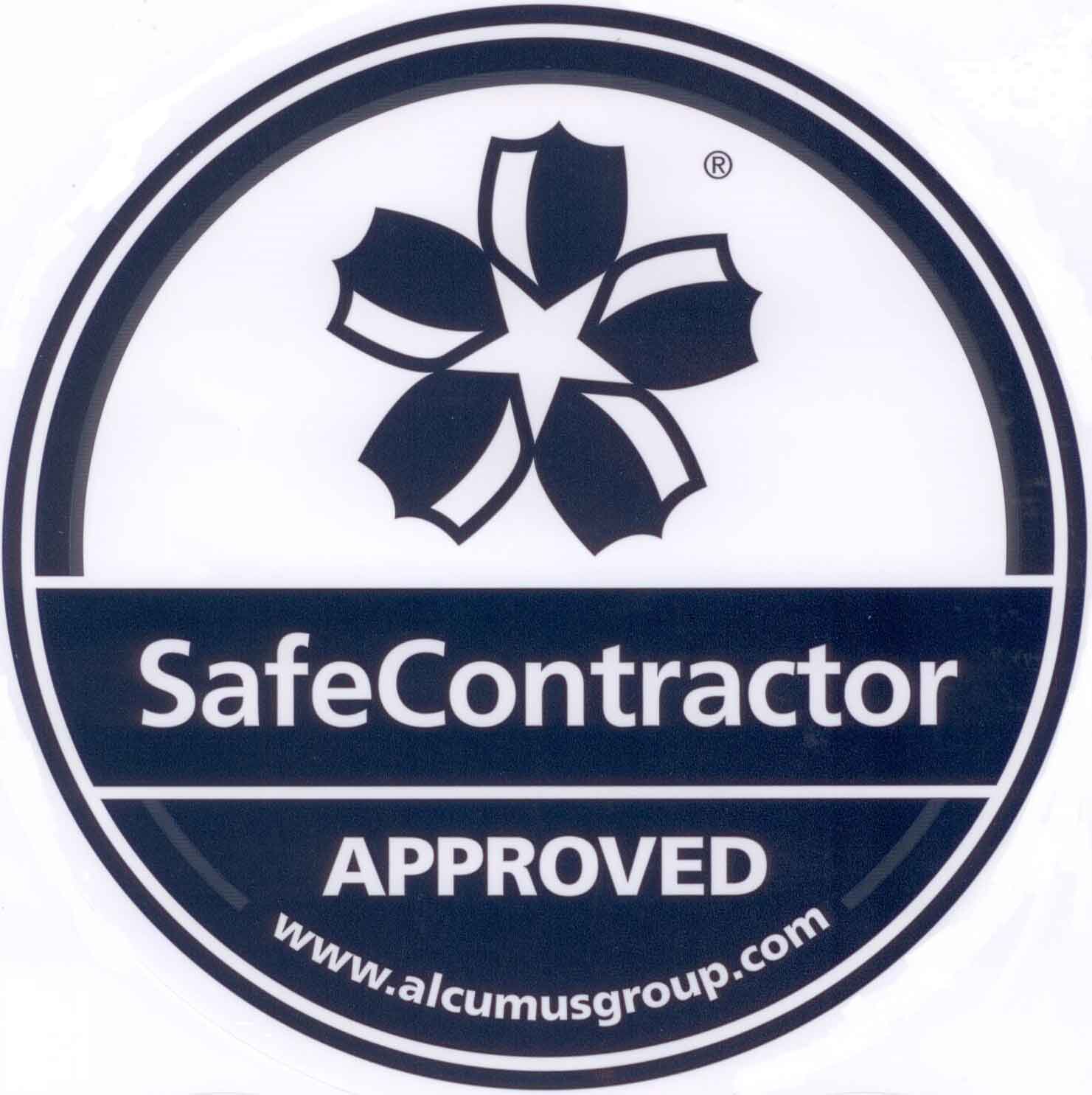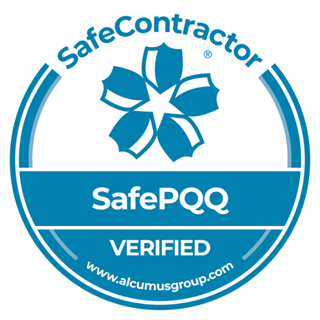Fire Evacuation Plans for the Hard of Hearing
If you own any form of commercial or industrial property, a hotel, guest house or residential house, which is likely to be let to, or used by, the deaf, or hard of hearing, you have certain additional legal obligations. To ensure, to the best of your ability, the safety of these persons.
Under the Regulatory Reform (Fire Safety) Order 2005, you are required to assess any fire risk, and provide plans for any emergency evacuation should it become necessary. Within these plans should be included specific arrangements to warn, and then evacuate, any person who is deaf or hard of hearing.
Fire Warnings for the Hard of Hearing:
As a matter of course, an audible and visual alarm system should be installed. The audible system emits a ring, klaxon, or siren sound, and a flashing light beacon when activated. Extra light beacons should be installed in corridors, or rooms where the alarm is still audible, but the hard of hearing would not be able to see the beacon.
Additional safety features should be included. Personal beepers or vibrating pagers should be issued to the hard of hearing. Operated by a radio signal, they will vibrate, flash, and provide text alarm warnings. Working both indoors and outside, they should be kept on the person at all times, while in their place of work. These small radio pagers also include a facility for the deaf to be able to signal their whereabouts, whether in a safe area, and whether they require assistance.
If they are computer operators, programmes can be added which will activate on screen in the event of an alarm. These will inform them of an alarm and evacuation procedures.
Hotels and Guest Houses:
In rooms designated for use by the disabled, an audible/visual (flashing light) box needs to be fitted within the room. Additional safety units, in the form of a bedside flashing strobe, which can also activate a vibrating pillow pad, are a good investment should your guest(s) be a heavy sleeper.
Evacuation Procedures:
Well planned evacuation procedures are a must in any working environment, more so when disabled people are involved. Drills carried out at least twice a year with particular reference to those with any disabilities, such as being hard of hearing. Equipment supplied and how to operate it, and what to do should it activate, should be covered on a one to one basis with the employee.
Senior members of staff, or shift managers, should at all times be aware of any disabled staff on the workforce. Where they work, and whether they require assistance in the event of a fire emergency. Check lists of emergency procedures should be printed out, filled out with the disabled person, and a copy kept for shift management.
Likewise, hotel and guest house staff should be aware of any disabled guests having registered, which rooms they occupy, and whether assistance will be required in the event of any emergency. The guest should be asked to complete a thorough check-list, including any assistance they would need in the event of fire, and this should be held by the hotel or shift manager.
Here at City Fire, we are proud to be one of the leading independent fire protection companies. We supply, install and maintain state of the art fire safety equipment, as well as providing fire safety training for customers around the country. For more information, get in touch with us today.
